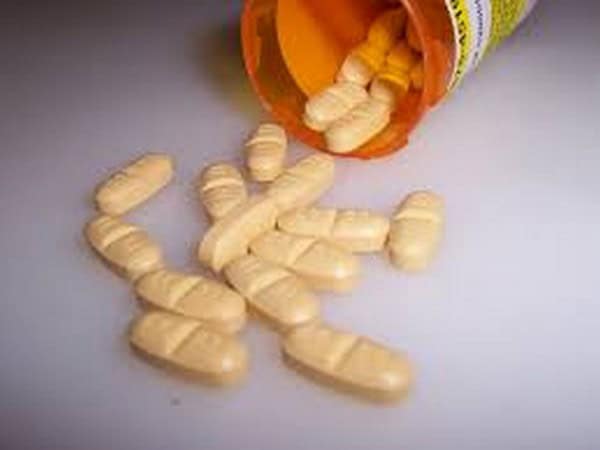Washington: A study on animals has revealed that a drug called felodipine prescribed for high blood pressure could treat conditions such as Parkinson’s, Huntington’s and forms of dementia.
A common feature of these diseases- collectively known as neurodegenerative diseases- is the build-up of misfolded proteins. These proteins, such as huntingtin in Huntington’s disease and tau in some dementias, form ‘aggregates’ that can cause irreversible damage to nerve cells in the brain.
In healthy individuals, the body uses a mechanism to prevent the build-up of such toxic materials. This mechanism is known as autophagy, or ‘self-eating’, and involves breaking down the materials. However, in neurodegenerative diseases, this mechanism is impaired and unable to clear the proteins building up in the brain.
Epidemiological studies have already hinted at a possible link between the drug and reduced risk of Parkinson’s disease, but now the researchers have shown that it may be able to induce autophagy in several neurodegenerative conditions. The study was published in Nature Communications.
A team led by David Rubinsztein used mice that had been genetically modified to express mutations that cause Huntington’s disease or a form of Parkinson’s disease, and zebrafish that model a form of dementia.
Felodipine was effective at reducing the build-up of harmful proteins in the mice with the Huntington’s and Parkinson’s disease mutations and in the zebrafish dementia model. The treated animals also showed fewer signs of diseases.
“This is the first time that we are aware of a study that has shown an approved drug can slow the build-up of harmful proteins in the brains of mice using doses aiming to mimic the concentrations of the drug seen in humans,” said Rubinsztein.
“As a result, the drug was able to slow down the progression of these potentially devastating conditions and so we believe it should be trialled in patients. We need to be cautious, but I would like to say we can be cautiously optimistic,” Rubinsztein added.
[source_without_link]ANI[/source_without_link]

